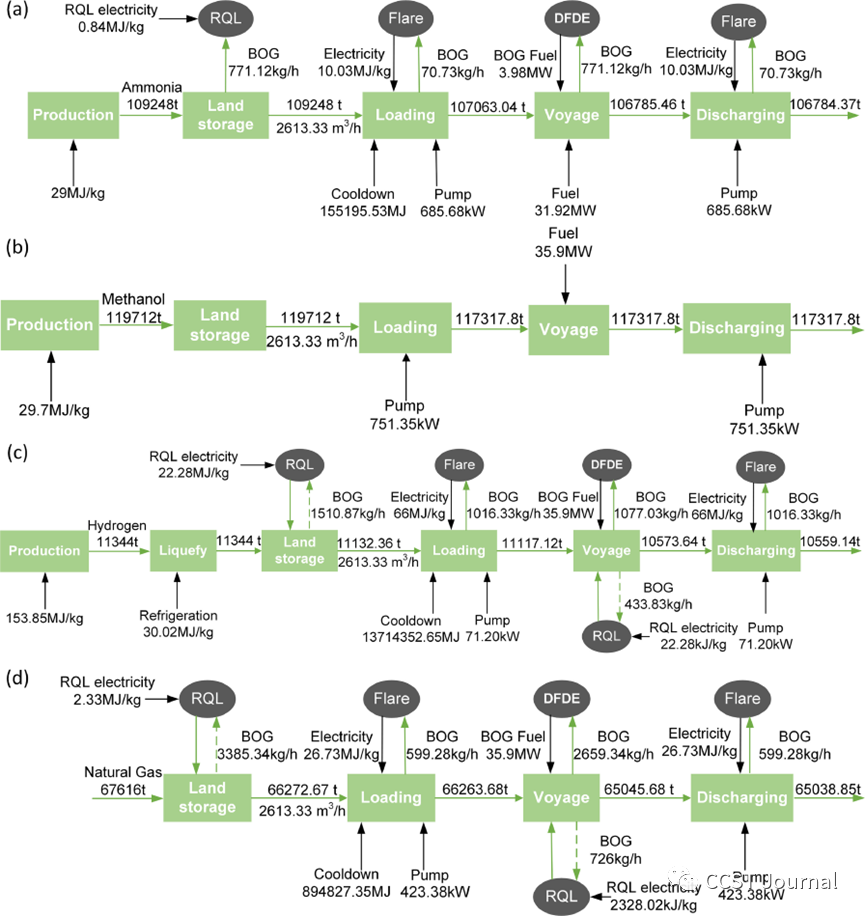
Currently, countries worldwide are actively promoting climate neutrality or carbon neutrality, which has led to the rapid development of renewable energy. However, renewable electricity faces the issue of uneven spatial and temporal distribution. Storing renewable electricity in chemical form and transporting it as renewable energy carriers to regions or countries with high energy demand can facilitate the redistribution of renewable resources. Therefore, the offshore supply chain of renewable energy carriers is crucial for the global industry's comprehensive transition from fossil fuels to renewable energy.
More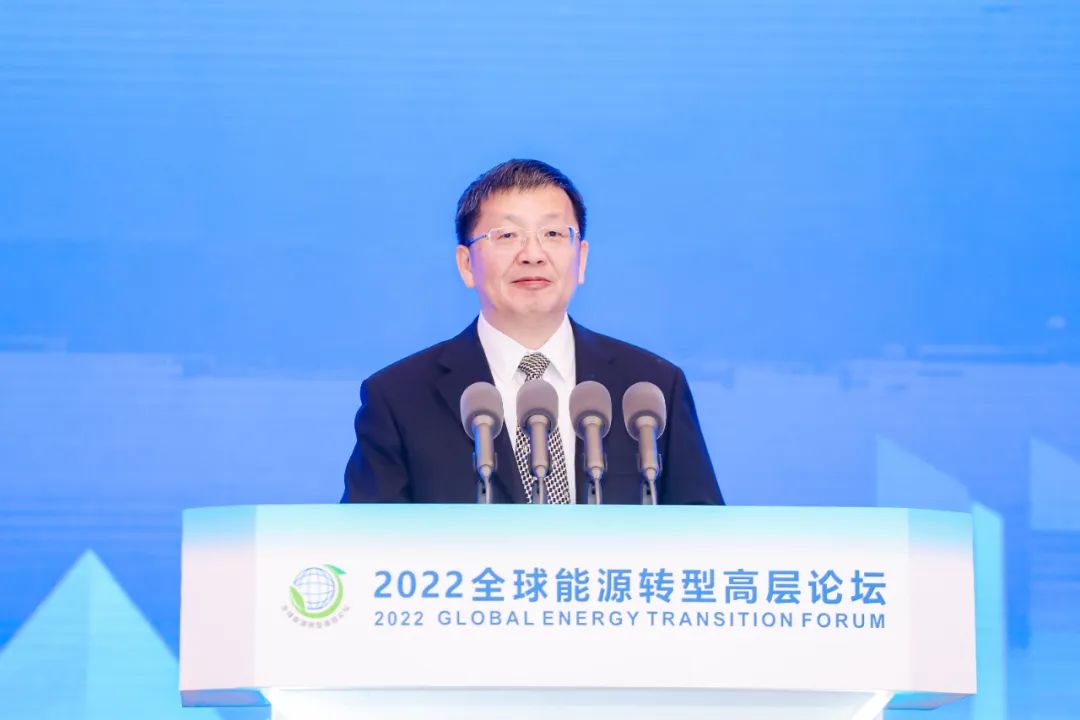
On September 17th, the "2022 Global Energy Transformation High-Level Forum" jointly organized by the National Energy Administration and four other ministries, along with the Beijing Municipal Government, was held in Beijing. Zhang Jianhua, Director of the National Energy Administration, pointed out in his speech that since the 18th National Congress of the Communist Party of China, China's energy transformation has continuously progressed towards greater depth, and the new energy industry has thrived, becoming a significant driving force in global energy transformation.
More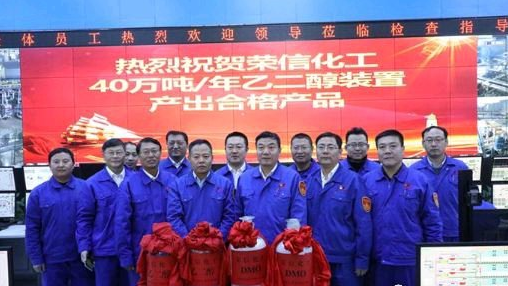
On January 12, 2022, the Inner Mongolia Government Service website issued a "Notice of Record Change for Projects," approving the record of Inner Mongolia Rongxin Chemical Co., Ltd.'s 3,000 t/a Polyglycolic Acid (PGA) project using dimethyl oxalate for production.
More
Schaeffler has reached a collaboration agreement with Hydrogenious LOHC Technologies and the Helmholtz Institute Erlangen-Nuremberg for Renewable Energy Research (HIERN) to jointly develop hydrogen fuel cells using Liquid Organic Hydrogen Carrier (LOHC) technology. This collaboration marks another significant milestone for Schaeffler in the implementation of its hydrogen energy strategy.
More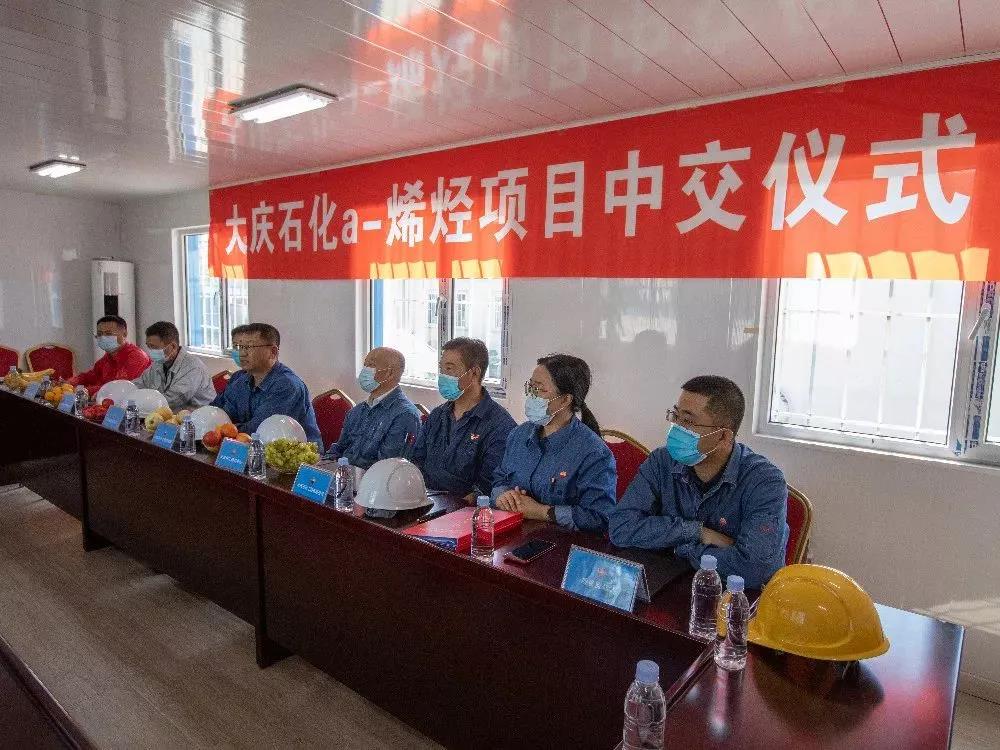
On August 30th, CNPC 's industrial test project of α-olefin, such as octene, synthesis technology was delivered interim on schedule. This project is a major industrial field test project of CNPC, and one of the main research contents of the national key research and development program of China "key technology research and application of high-performance lubricant production". With the delivery of the project, Daqing Petrochemical Company has built the first set of 3,000-ton 1-octene synthesis industrial pilot plant in China. After the success of the industrial test, it will develop a 10,000-ton complete set of technology and process packages with independent intellectual property rights and fill the gaps of the domestic 1-octene production technology. The overall technology will reach the international advanced level, which will enhance CNPC 's technological and industrial advantages in the field of α-olefin.
More
Recently, Qianqin Zhang, associate researcher of Professor Guangguo Ying team in SCNU Environmental Research Institute of South China Normal University. comprehensively described the amount of agricultural films used in China and the environmental residues of its plastic debris and assessed the release and environmental fate of phthalate esters (plasticizers) in the whole life cycle of agricultural film use. The study was published in Environmental Science and Technology.
More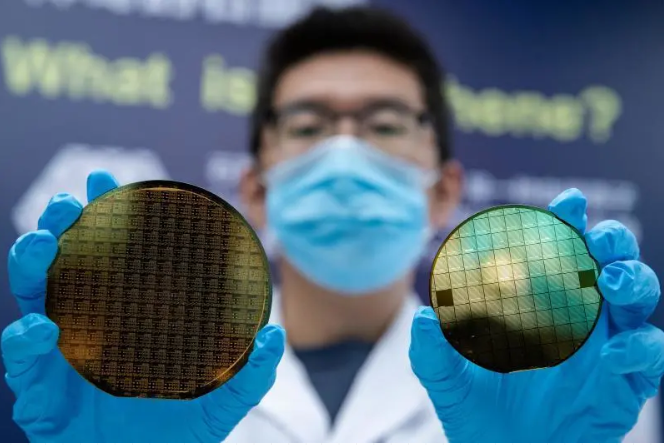
On October 16th, at the 2020 China International Graphene Innovation Conference, new materials such as ultra-flat copper-nickel alloy single-crystal wafers, 8-inch graphene single-crystal wafers, and germanium-based graphene wafers made their appearance, showcasing China's innovative achievements in the field of high-quality graphene materials. With the promotion of Shanghai's Graphene Industry Technology Functional Platform, the research team has achieved small-batch production of these outcomes, with the product size and quality taking a "leading" position internationally.
More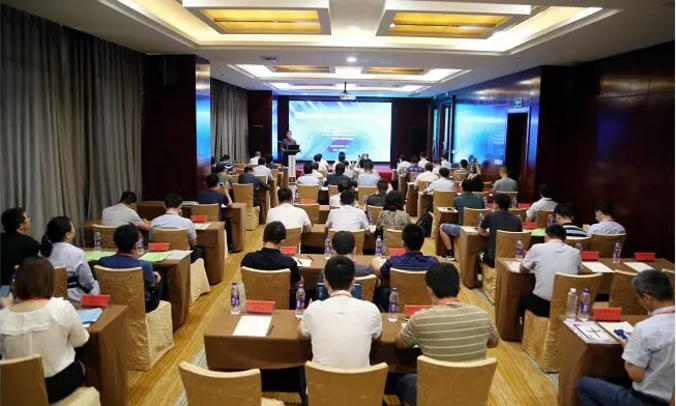
2020 August 13th-14th, the first olefin gathered - high-carbon alcohols - isomer alcohols technology and market forum held in Tengzhou, Shandong Province. The meeting concluded that the development of low-carbon olefins and coal-to-oil in recent years has provided raw material support for high-carbon olefins, and the application of high-carbon olefins will become more and more widespread in the future. High-carbon olefin carbonylation of high-carbon alcohols - isomeric alcohols are the main basic raw materials for the synthesis of surfactants, detergents, plasticizers and other fine chemicals, the fine chemical industry chain based on high-carbon olefin as a raw material will usher in market opportunities.
More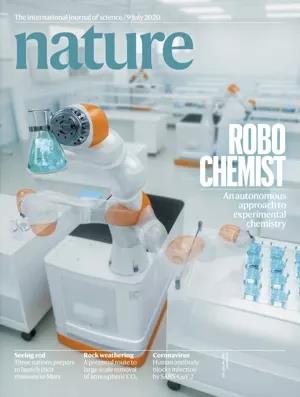
Recently, researchers from the University of Liverpool have successfully developed an artificial intelligence robot chemist. The robot chemist has humanoid features and can work by itself in a standard laboratory, using a variety of laboratory instruments just like a human would. Unlike humans, however, the robot has unlimited patience, can consider variables in dozens of dimensions at the same time, and works for 21.5 hours a day, with the rest of the time spent pausing to recharge. What's more, the robot can think for itself and perform a series of experimental operations autonomously. In the first test, the 1.75-meter-tall AI robot independently completed 668 experiments in eight days and developed a new chemical catalyst. The breakthrough was published as a cover article in the latest issue of the journal Nature.
More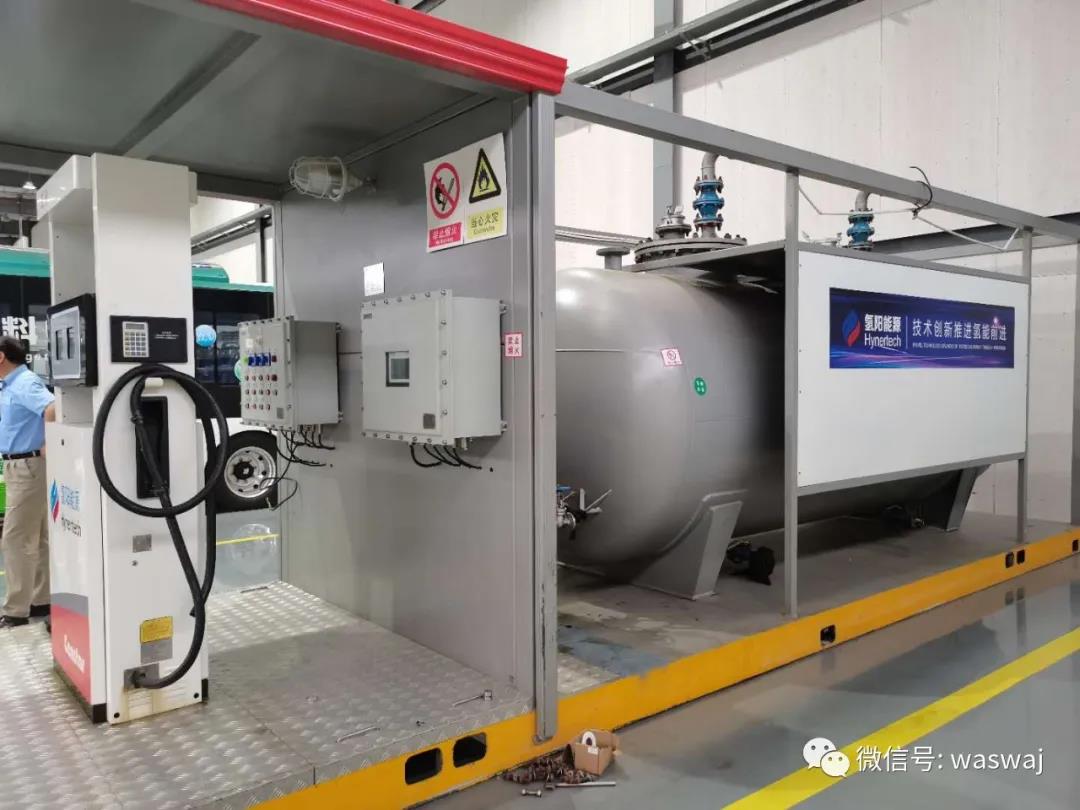
Hydrogen is known as the "ultimate energy" and is internationally recognized as a clean energy source, but it has not yet been applied on a large scale. The fundamental reason is that hydrogen has the characteristics of “being untamed”: it is flammable, explosive, and difficult to be stored and transported under normal temperature and pressure. The former U.S. Secretary of Energy, Steven Chu, summarized it as one of the four major problems in the use of hydrogen energy. Therefore, breaking through the bottleneck of hydrogen application has become adream goal for the scientific community. The team of Prof. Dr. Hansong Cheng, Distinguished Professor of China University of Geosciences (CUG), has successfully overcome the technological bottleneck of large-scale application of hydrogen energy, and developed the technology of organic liquid hydrogen storage under normal temperature and pressure.
More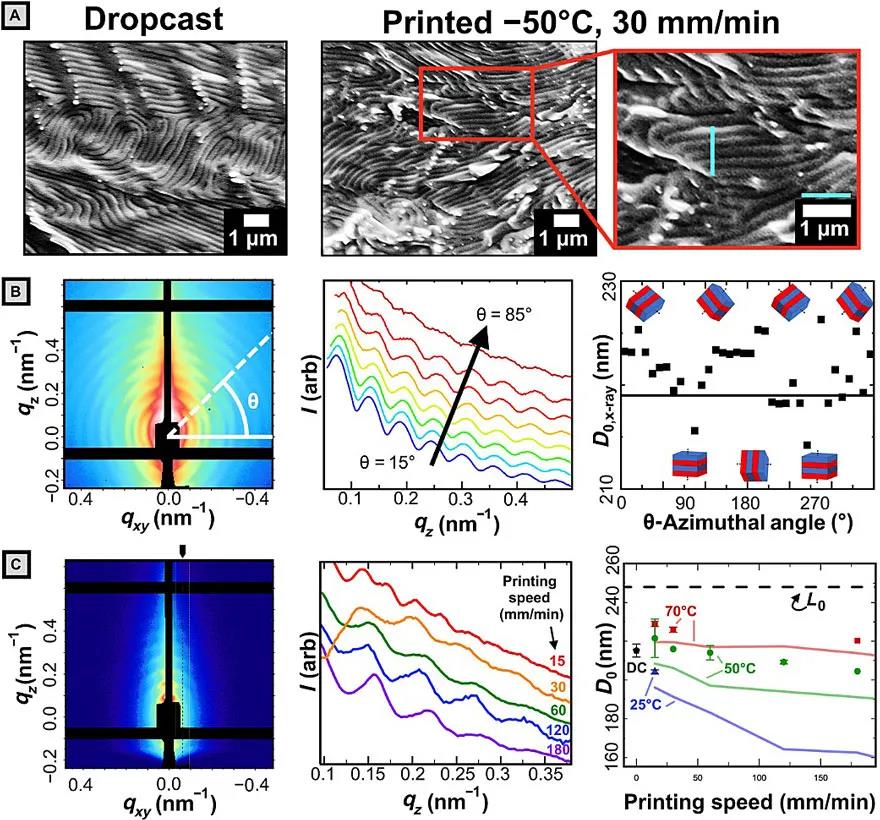
The colors of flowers often come from pigments, where pigments absorb or reflect specific wavelengths of light to create colors. On the other hand, the colors of butterflies or chameleons originate from subtle structures on their bodies, such as nano "photonic crystals" (PC), which involve light scattering, diffraction, and interference. This phenomenon is known as "structural color." Structural color offers several advantages, including resistance to fading, water washing, and adjustable colors. However, currently popular 3D printing technology has not yet been able to easily and efficiently achieve structural color.
More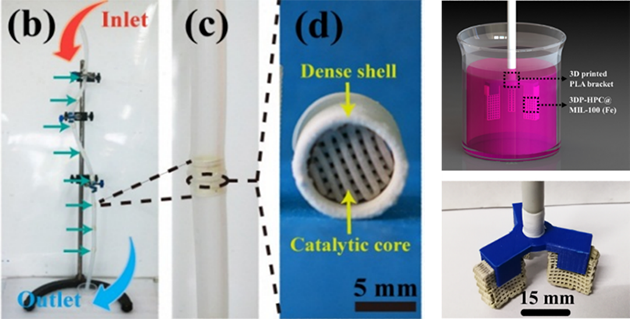
Catalytic degradation is one of the effective methods to treat organic polluted wastewater. In recent years, Metal-organic frameworks (MOFs) with high surface area, adjustable pore structure, and multiple active sites have emerged as a new type of catalytic material for the removal of organic pollutants.
More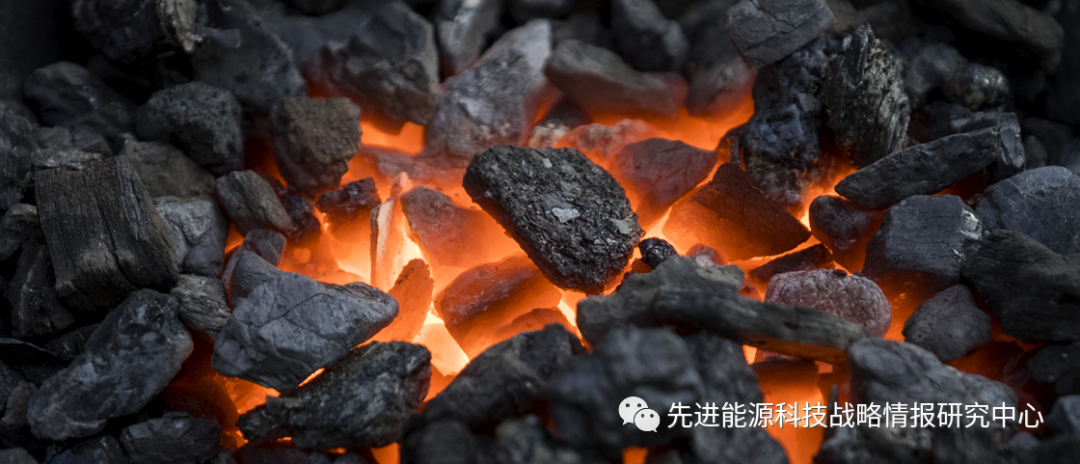
The U.S. Department of Energy (DOE) recently announced a funding of $14 million under the theme of "Advanced Coal Chemical Technology" to support the research and development of advanced coal chemical technologies. The goal is to develop high-performance, low-cost coal-based raw material chemical processing conversion technologies to achieve efficient and economical conversion of coal-based raw materials to high-value materials. This funding will focus on five major technical thematic areas.
More
The research team has initially prepared a diimine palladium catalyst with a large steric hindrance tertiary butyl substitution, 1-2, which exhibits moderate polymerization activity in ethylene polymerization. This enables the production of polyethylene with high molecular weight (Mn up to 45.58 x 104) and a medium branching structure (60/1000C). Concurrently, under the same conditions, they used previously reported bulky palladium catalysts 3-7 to produce a range of high molecular weight polyethylenes with varying branching structures.
More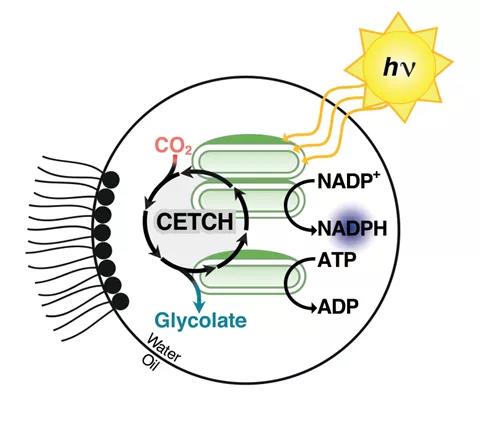
A collaboration between the Max Planck Institute for Terrestrial Biology in Germany and the University of Bordeaux in France has led to the creation of artificial chloroplasts using microfluidic technology. These chloroplasts leverage light to drive CO2 fixation in a manner not found in nature. This technique can capture CO2 from the environment and transform it into useful molecules, such as dyes and drugs. The study, titled "Light-powered CO2 fixation in a chloroplast mimic with natural and synthetic parts", was published in Science.
More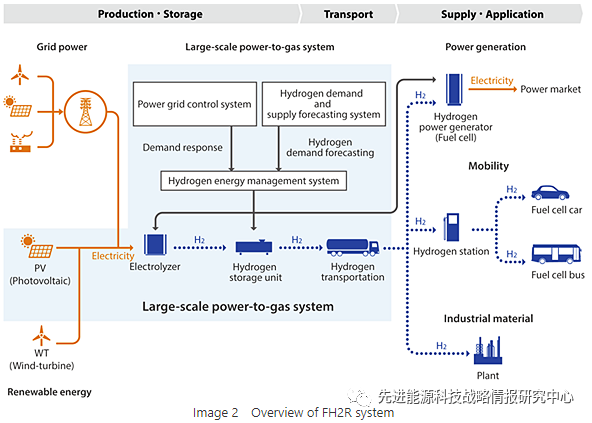
Recently, the New Energy and Industrial Technology Development Organization (NEDO) of Japan announced the successful completion of the world's largest renewable energy electrolysis hydrogen production demonstration plant (FH2R) in Fukushima, with a capacity of 10 MW. This initiative is a collaboration between Toshiba Energy Systems & Solutions Corporation, Tohoku Electric Power Co., Inc., and Iwatani Corporation.
More
The U.S. Department of Energy (DOE) recently announced a $74 million funding to support the research and development of advanced building energy-saving technologies. This is aimed at integrating the research strengths of national laboratories, universities, and enterprises to jointly research, develop, and test flexible and efficient energy-saving building and building system technologies, improve the energy efficiency of buildings and power grids, and reduce the energy consumption of buildings nationwide.
More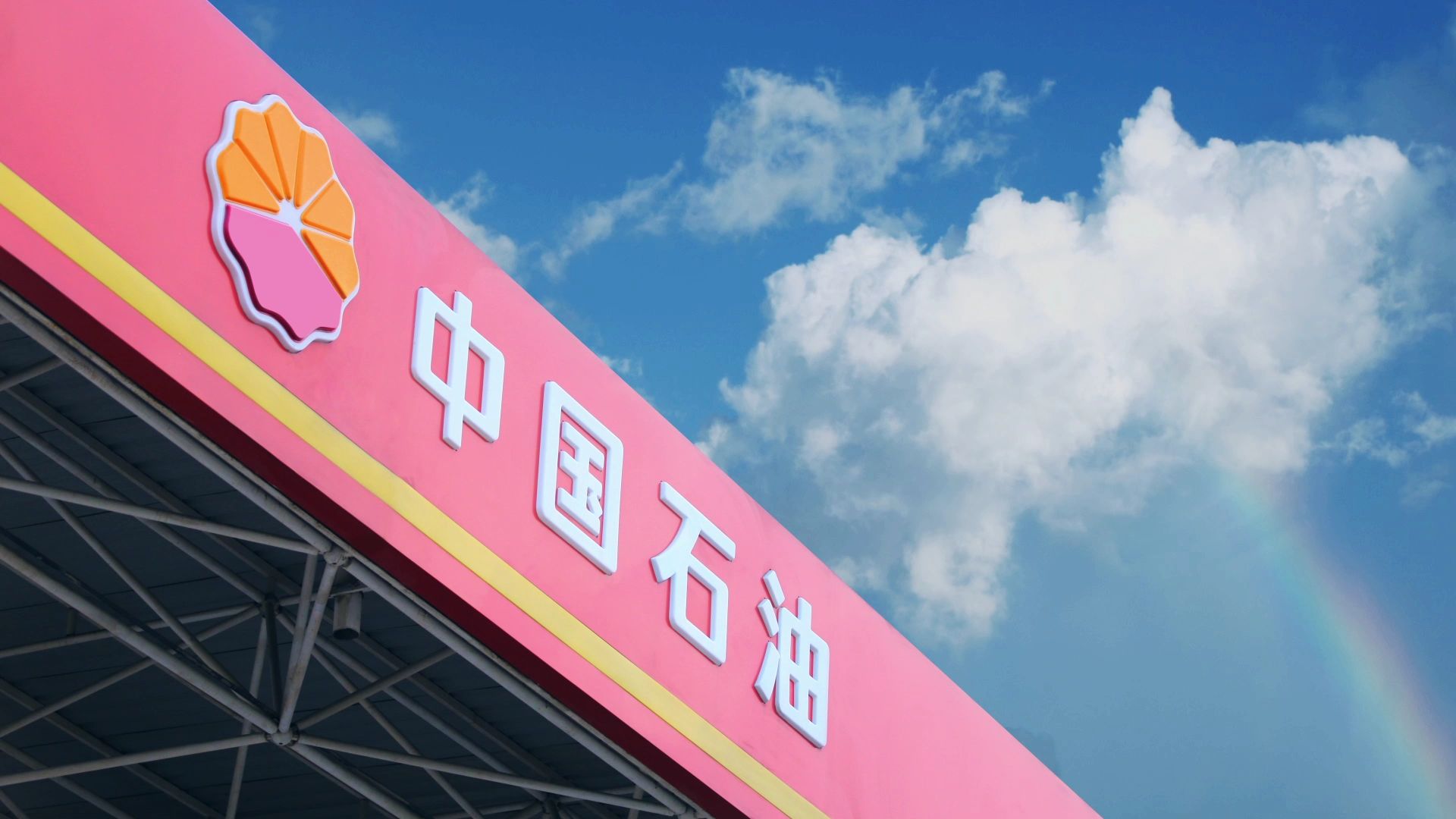
"Low oil prices will be a prolonged process. This isn’t a result of the pandemic causing low prices, but fundamentally due to the supply-demand relationship." On the evening of April 26, the former Chairman of Sinopec Group, Fu Chengyu, made this assessment at an online conference hosted by Renmin University of China, predicting that low oil prices will persist for 1 to 3 years.
More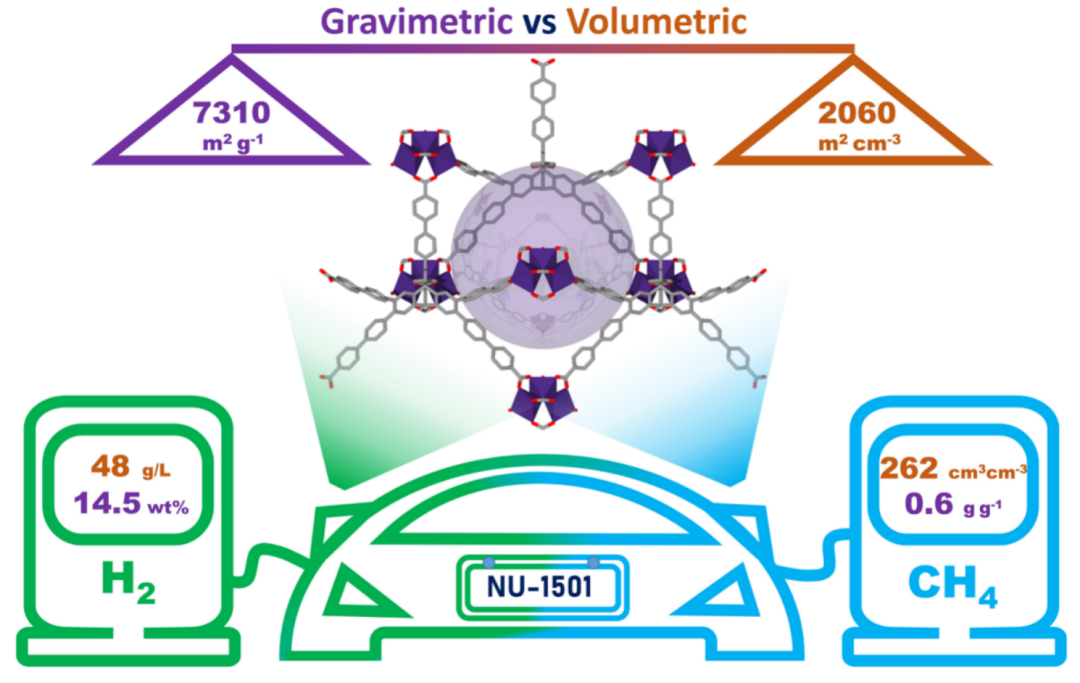
Hydrogen and methane, among other energy gases, are currently essential and eco-friendly energy carriers for humans. However, the proper storage of these gases is a significant bottleneck issue limiting their usage.
More
The distance between graphene and us is really getting closer and closer. Not to mention tens of thousands of academic papers every year, tens of millions of research funds, even our clothing, food, housing, has been able to see the shadow of graphene. Open a universal treasure, enter "graphene" you can find a variety of strange products, absolutely can satisfy your imagination.
More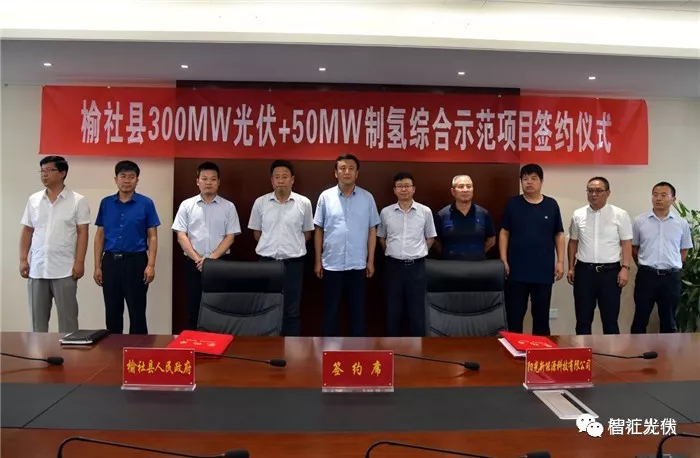
The future growth of photovoltaic (PV) installations is now constrained by the grid's consumption capacity. To break this deadlock, PV power plant investors are actively exploring two favored methods: "PV + Energy Storage" and "PV + Hydrogen Production."
More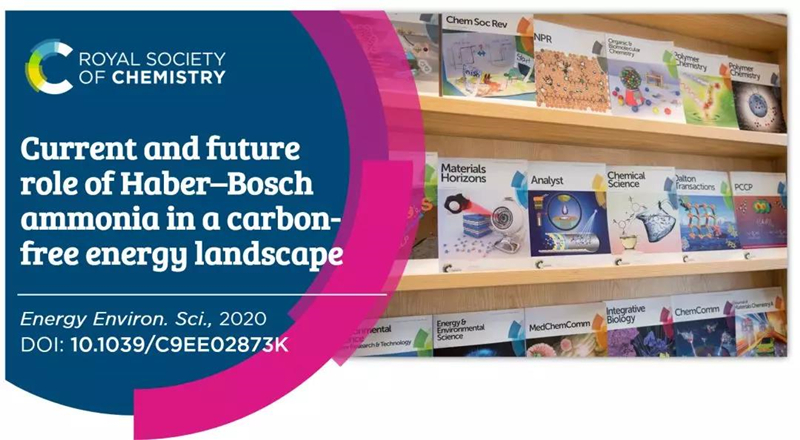
Recently, Alfred K. Hilla from the Department of Chemical Engineering at the University of Bath, together with Collin Smithb and Laura Torrente-Murcianob from Department of Chemical Engineering and Biotechnology at the University of Cambridge, published an article titled "Current and future role of Haber-Bosch ammonia in a carbon-free energy landscape" in the top-tier energy journal, Energy & Environmental Science. The abstract of the article succinctly outlines the opportunities and challenges faced by catalytic ammonia synthesis.
More
In order to realize the integrated development and collaborative innovation of the two sets of scientific and technological systems corresponding to China's national defense construction and economic construction, it is urgent to make new breakthroughs and explorations in the system mechanism, resource allocation, scientific research organization and so on. This paper systematically analyzes the basic characteristics of new R&D institutions which have shown strong innovation competitiveness in recent years and their superiority in overcoming innovation barriers. Combining the problems in the integration and innovation of the two major science and technology systems and the existing practical exploration, it is proposed that the military-ground collaborative innovation platform of the nature of new R&D institutions is the core. To build an innovation ecology composed of enterprise clusters, parks, investment and financing and policy systems, and form a "platform + envi
More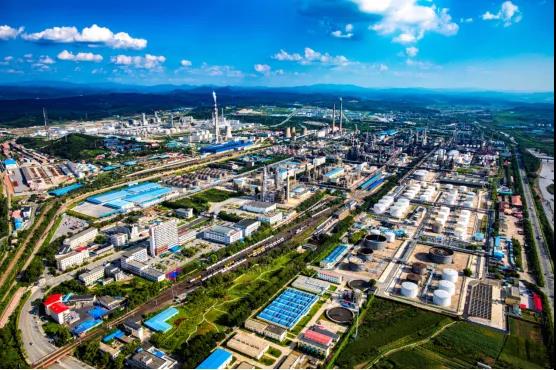
Just now, the international oil price has plummeted to another new low. On March 30, 2020, WTI crude oil fell below $20 and briefly touched a new low of $19.92/barrel. Notably, it was also the first time in 18 years since February 2002 that WTI fell below $20/barrel. The price also easily broke the low point of the 2014-2016 oil price crash cycle.
More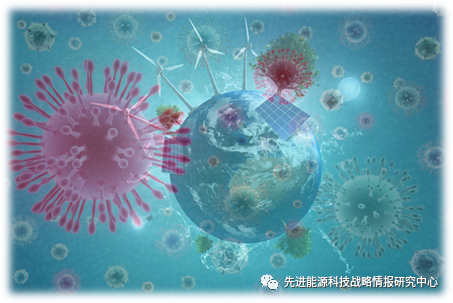
As the world's largest energy producer and consumer, China's energy demand and supply situation and development prospects will have a great impact on the world. In addition, China is a global manufacturing power, playing a pivotal role in the global industrial chain, the stagnation of energy supply and demand will also cause a chain reaction worldwide.
More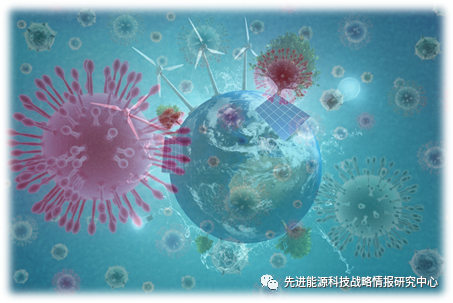
At present, the novel coronavirus pandemic has swept the world, threatened human health and impacted the global economy, and has become the largest "black swan" event in recent years. As the lifeblood of the national economy, the global and Chinese energy industry has inevitably been greatly affected. In response to the epidemic crisis, China has adopted the strictest control measures in the world.
More
3D printing has long been popular around the world. Compared with traditional manufacturing processes, 3D printing can easily achieve higher precision and complexity of device structures. However, in addition to paying attention to the structure of the device, how to make the material itself retain its unique material characteristics in the 3D printing process and become a "soul" device is also a major research direction.
More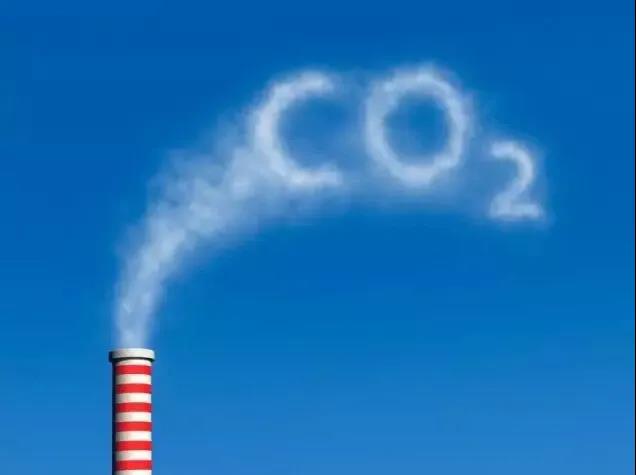
On January 7th, the U.S. Department of Energy (DOE) announced a $15 million grant under the "Carbon Utilization Program" to support the research and development of carbon utilization technologies. The aim is to develop technologies that use CO2 from electricity or other industrial emissions as a raw material to produce value-added products, thus reducing carbon capture costs and emissions. This funding mainly focuses on three thematic areas, including synthesizing high-value organic products, synthesizing solid carbon products and other inorganic materials, and capturing CO2 for algae cultivation.
More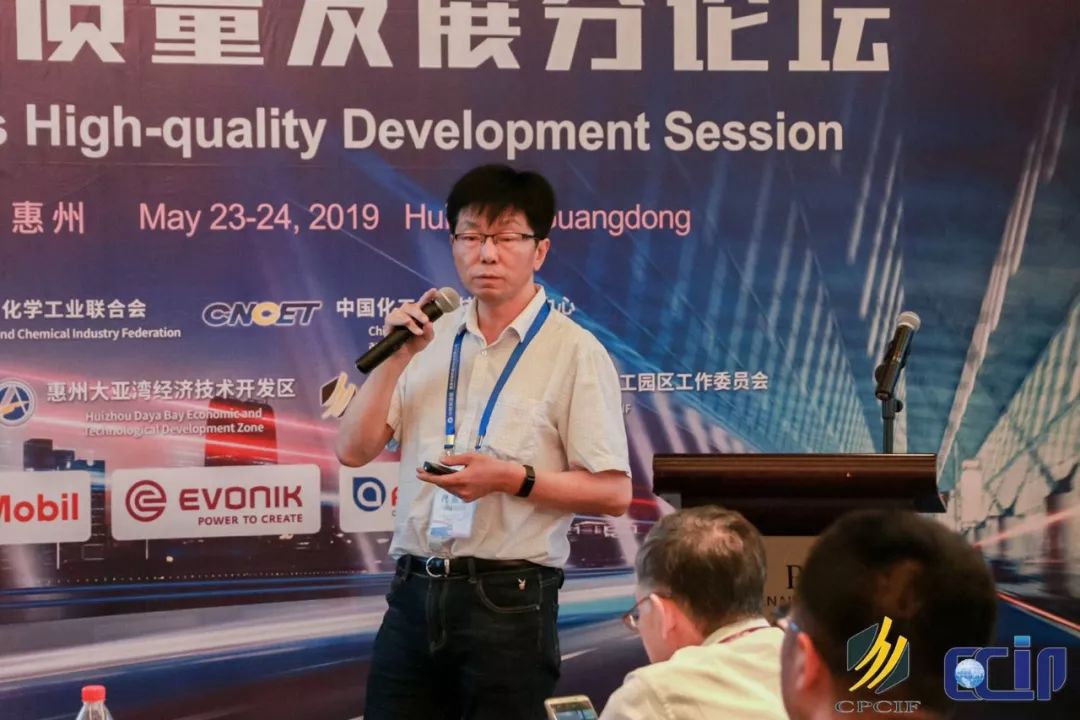
Ultra High Molecular Weight Polyethylene (UHMWPE) fiber, together with para-aramid and carbon fiber, is considered one of the world's three major high-tech special fibers. It possesses numerous significant advantages, such as high strength, high modulus, light weight, bulletproof, stab-proof, cut-resistant, excellent seawater resistance, chemical corrosion resistance, UV resistance, high abrasion resistance, and low-temperature resistance. It's widely used in fields such as defense, aerospace, safety protection, construction, marine fisheries, and civilian textiles. China has become the world's largest producer and exporter of UHMWPE fiber, with the industry continuously growing, product quality consistently improving, and application areas expanding. Moreover, it has broken the long-standing foreign technological monopoly and product sales restrictions.
More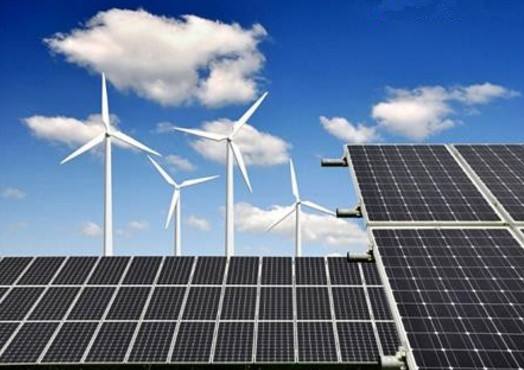
The New York Power Authority (NYPA) announced plans last week to install a demonstration zinc-air energy storage system with developer Zinc8 Energy Solutions. According to foreign media reports, this 100 kW/1 MWh energy storage project originated from an "innovation challenge" conducted by NYPA last year, serving as a backup power source to meet grid demand.
More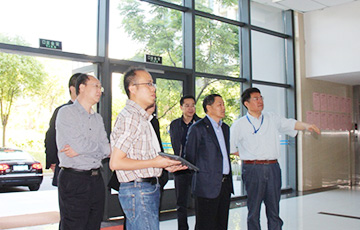
Approved by Shanghai municipal government, "Shanghai Institute of CleanTech Innovation (ICT Innovation)", jointly initiated by the people's government of Songjiang district and Shanghai Advanced Research Institute (SARI), Chinese Academy of Sciences, and led by
More